Circumcision at Gilgal (Joshua 5:1–5) 11/9/2025
Circumcision at Gilgal (Joshua 5:1–5) 11/9/2025
When the Canaanites heard that the Jordan River had been parted before the Israelites, their hearts melted and they lost courage (v.1). At that time, God commanded something completely unrelated to war. In chapter 4, He had commanded them to take twelve stones from the Jordan and set them up as a memorial. In this passage, He commands circumcision for the children who were born in the wilderness. This meant they had to wait at least several weeks (v.8).
- What is circumcision?
It is a covenant ceremony confirming the relationship between God and His chosen people. In the New Testament, this became the foundation for infant baptism and baptism.
1) It is a ceremony declaring that a child born to a couple chosen by God’s covenant is also one of God’s chosen people. Circumcision was performed on the eighth day after birth. What can a baby understand at eight days old, or even at one year? It must be done purely based on the parents’ faith and confession.
① It is a ceremony in which the parents proclaim before God and people that this child has become a child of God’s promise. This is not just thanksgiving for receiving a child or expressing affection. It changes the parents’ perspective—how they see the child and how they will raise the child. The child is one prepared and sent by God—a child of the promise.
② In Genesis 17, God commanded this rite to Abraham even before he had any children. He gave Abraham the promise that through him, all nations would be blessed, and that He would be the God of his descendants. So from youth, one must hold onto this covenant when choosing a spouse, getting married, and preparing for children.
2) This is a time of decision and vow to raise the promised child entrusted to us by God as a person of God.
① Even if other things are lacking, parents must resolve and pledge to plant God’s covenant in the hearts of their children (Ephesians 6:4). If a child holds onto God’s covenant, God Himself will take responsibility, bless, exalt, and use that child.
② To do this, how accurately will the parents themselves need to know, hold, and live out the covenant? In the early church and during the Reformation, parents had to undergo at least one year of spiritual training before their child could be baptized.
③ Ultimately, children must receive all the covenantal blessings from their parents. Therefore, within the parents there must first be a covenantal relationship of loving and serving God (Deuteronomy 6:5–6). Whatever covenant and spiritual state the parents hold onto will be transmitted directly to the children.
3) The final important part is the content of the covenant. When we hear and believe the gospel of Christ, the promised Holy Spirit seals us (Ephesians 1:13).
① Our salvation comes only through Christ (Acts 4:12). Salvation is both the beginning and the end of all blessings. Just as the Israelites were freed from Egypt on the day they applied the blood, we have been set free from fate, curses, and the power of darkness (Romans 8:1–2). This is the mystery by which we can no longer be oppressed by weakness, lackings, or wounds (Romans 8:32; Acts 10:38). True self-worth begins here.
② From the moment we are freed, we become children of God who will receive heavenly blessings (Ephesians 1:3–5). We don’t need to struggle for human approval or worldly success. Enjoy your identity as a child who inherits God’s blessings. Our very lives become blessings and answers (Romans 8:26, 28). From here comes assurance of life.
③ Yet there is one who waits to steal this blessing. That’s why God gave us the covenant of spiritual victory (Genesis 3:15; 1 John 3:8). God said He will oppose those who oppose us (Genesis 12:3). So there’s no need to compete, fight, or be hurt by anyone. Just cast all your anxieties on the Lord and stay spiritually alert to fight the spiritual battle (1 Peter 5:7–9).
④ Through all the evidence that follows, we are to save people and the world (Acts 1:8). For that purpose, God blesses, exalts, and gives us testimony. From this comes evangelism and missions—knowing the absolute reason for enjoying blessings, challenging the highest places, and serving in the most humble places to save everyone.
2. Why did God reaffirm this covenant through circumcision?
Because challenges and enemies still remained. But whatever happens, we must go forward with God’s conclusion already established.
1) When problems arise again, we must conclude that they are actually the time for all problems to end.
① Verse 9 gives the conclusion. God said this was the day He rolled away the reproach of Egypt. In other words, this was the time to end all past shame, pain, and disgrace.
② Sometimes God allows us to face shameful or painful moments. They are times of healing through facing the covenant—but we must confirm that no problem is truly a problem anymore. That’s why Jesus declared, “It is finished” (John 19:30). We must confess and conclude this truth with our lips (Rom10:10).
2) Only after concluding that all problems are finished can we see the future God has prepared. They named the place of circumcision “Gilgal,” meaning “rolled away.”
① When fate, curses, and wounds are rolled away, the absolute future of God becomes visible.
Later, when Canaan was conquered and the monarchy of Israel began, Gilgal became its first capital (1 Samuel 11:14–15).
② Don’t dwell on the past. Learn to quickly let go of what must be let go(Isaiah 43:18-19)
. Don’t be trapped by the past—think about the future God has prepared. Pray for it, envision it, enjoy it, and challenge yourself to what must be done now (CVDIP). Do this in your studies, business, finances, and health. Clarify the covenant (through meditation) and gain strength through prayer (prayer watchtower).
3) In that prepared future, our next generation must also be ready. That’s why God told them to set up the twelve stones from the Jordan at Gilgal as a memorial for future generations.
① The Jewish people are still exemplary in their devotion to the next generation. Even after being taken captive and losing their sovereignty, the first generation built synagogues for their children. That is why Paul went into the synagogues. They taught the Torah and Hebrew to instill covenant identity and pass on the blessings the first-generation had experienced. They also taught their children to dedicate themselves when God blesses them (consecration).
② Another strength of the Jewish people is community education. There’s no “your child” or “my child”—every child is God’s child entrusted to all of us. That’s why we focus on remnant unity ministry. It’s also vital for evangelism—our education system should even draw unbelievers back to God.
Conclusion – You must draw the conclusion of your life. Conclusions about your past problems, present challenges, and future direction. May you and your descendants reach this conclusion only in Christ, and become God’s eternal masterpiece.
11.9.25 Circumcision at Gilgal
Pulpit_Meditation_Forum_11_9_2025

